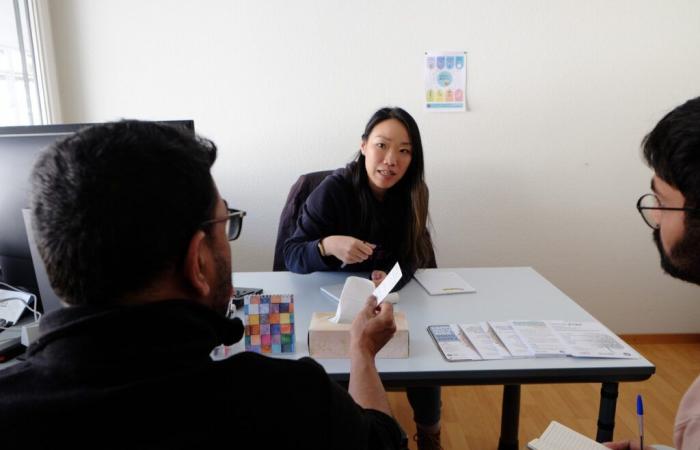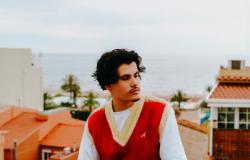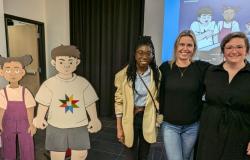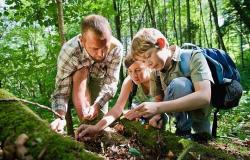Access to health for the most deprived: this is the theme of a podcast on the Health Center of the Médecins du monde association, created in 2016 in La Chaux-de-Fonds. A place that offers consultations and basic medical care to asylum seekers, undocumented immigrants and the most vulnerable populations. In this series of five episodes of around a quarter of an hour each, Valais documentary filmmaker Sarah Gay-Balmaz delivers a series of testimonies from caregivers – often nurses – and those receiving treatment. The author also visited the Tête-de-Ran and Couvet reception centers. His exploration of the system stops here and there on particular situations, such as those of women and unaccompanied minors. In this podcast, we discover a space where the actors try, beyond healing the physical and psychological wounds of the most deprived, to give them back a little power over their reality.
Stories “you need to listen to”
“That these people agree to give themselves up, when they are in emergency situations, when they have often experienced trauma, I find that it is quite crazy strong, and that it is precisely these stories that need to be listened to and I think that it is really important to give a voice to the people concerned, to ensure that we understand the issues surrounding access to health in general,” says Sarah Gay-Balmaz.
“The work of nursing teams is very complex. Because it requires ensuring access which is called ‘low threshold’. Often, consultations are interrupted. It’s about making the connection. To make sure you can be understood,” describes the documentary filmmaker.
“There is inevitably a feeling of helplessness in the face of systemic violence, stigma or uncertainty, [les infirmières] cannot necessarily do much, apart from supporting, redirecting people, trying to encourage them to foster connections,” observes Sarah Gay-Balmaz. /vco






